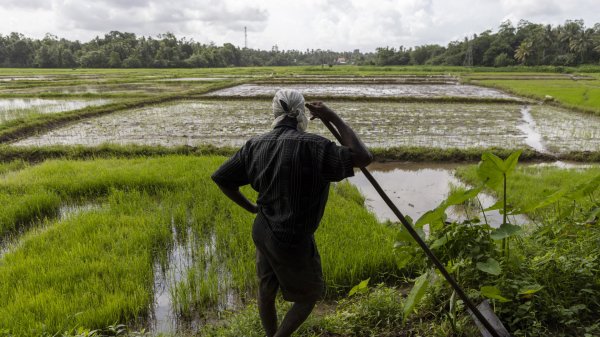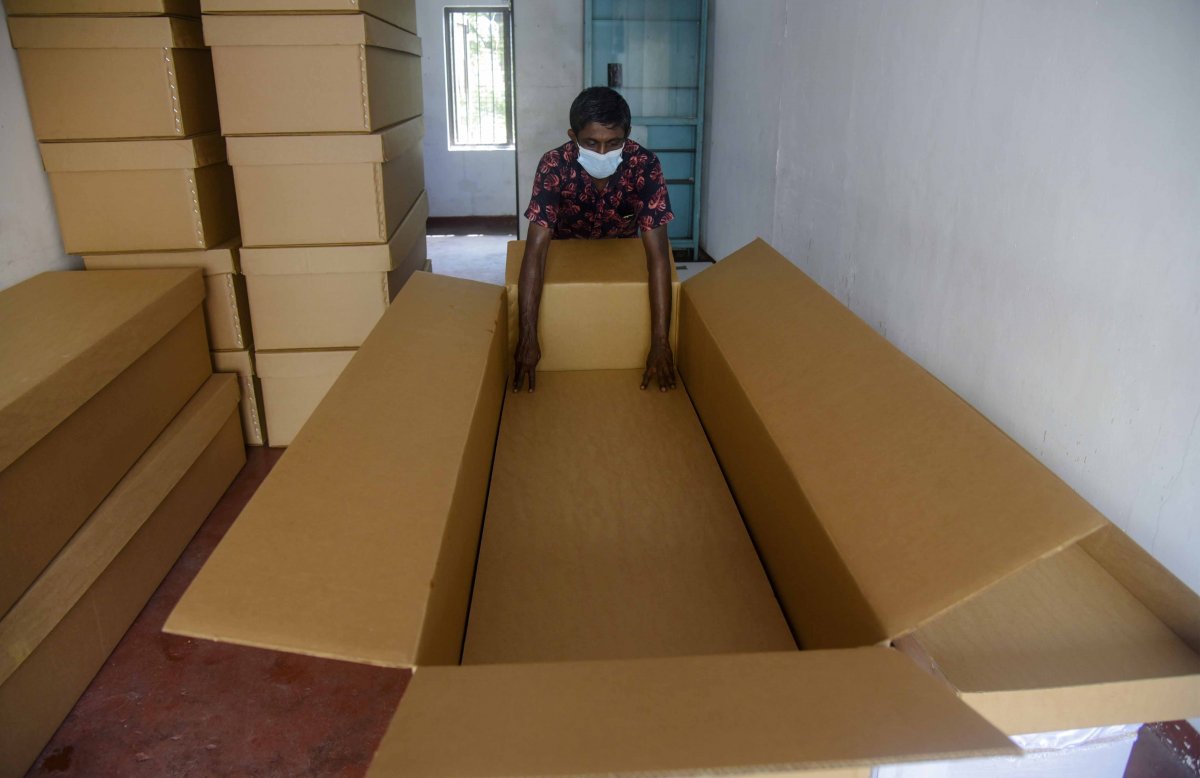
Susantha Fonseka (46) has been working in the funeral industry for over 26 years.
He runs the Dehiwala-Mount Lavinia Co-op Florist Shop in Kohuwala and is a third-generation florist. His business is one among many that had to make drastic changes due to COVID-19.
Fonseka also recently introduced something new to the family trade, something that neither his father nor grandfather provided; his is currently one of few funeral businesses providing cardboard coffins. “These are sold at LKR 4,500, to help families afford a coffin. The market price [of a wooden coffin] is LKR 30,000 or more,” Fonseka told Roar Media over the phone, while he was in the process of donning his protective suit to go collect a body from the mortuary. “It is a good thing we are doing for the people,” he said. “These are hard times for people, and this is the least I could do for them.”
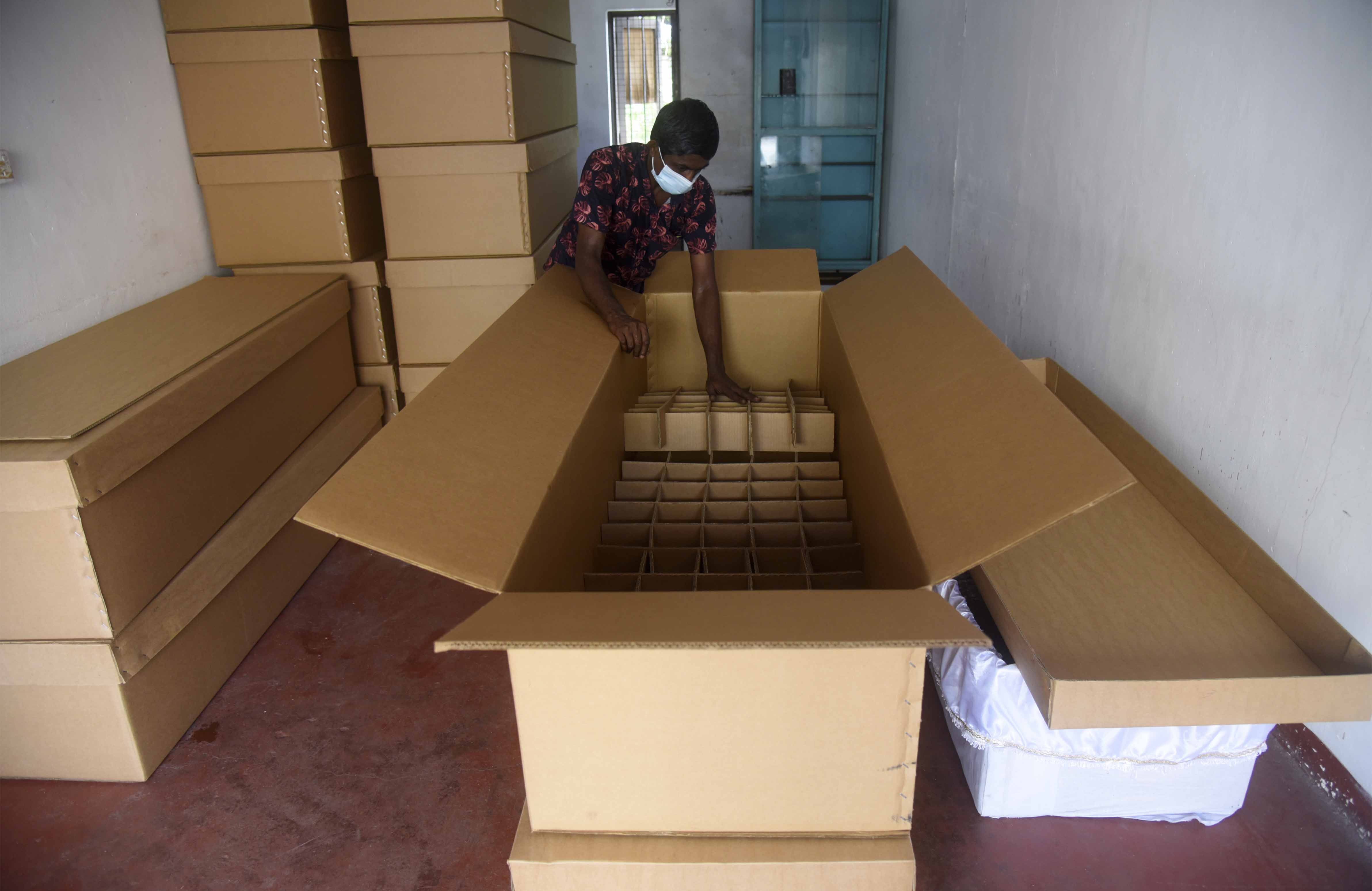
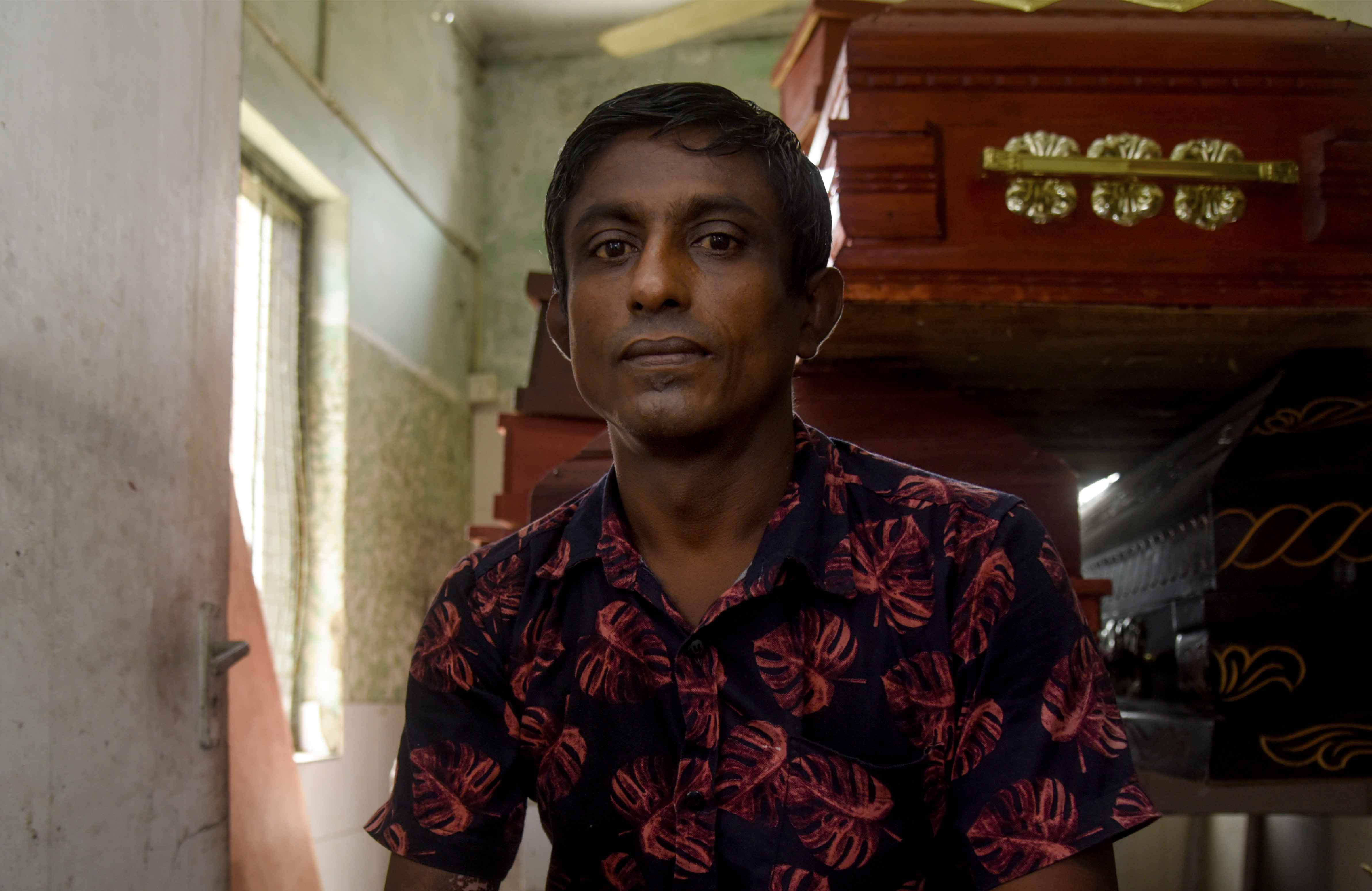
The cardboard coffin project being implemented by the Dehiwala-Mount Lavinia Municipal Council was first proposed in 2019 as an eco-friendly alternative to the traditional wooden coffin. The proposal was made by Priyantha Sahabandu, a member of the Municipal Council. It took the pandemic to finally see this implemented.
“We cut down trees and make coffins out of them. Cremating consumes a lot of gas and electricity, all of which is a cost for the Municipal Council. And the entire process produces a massive amount of carbon that is released into the environment,” Sahabandu said.
Cardboard coffins will help reduce the number of trees cut down to make wooden ones, Sahabandu explained. Although the project was initially opposed by other council members, Sahabandu said it has been a success. Other local government bodies, too, have requested cardboard coffins.
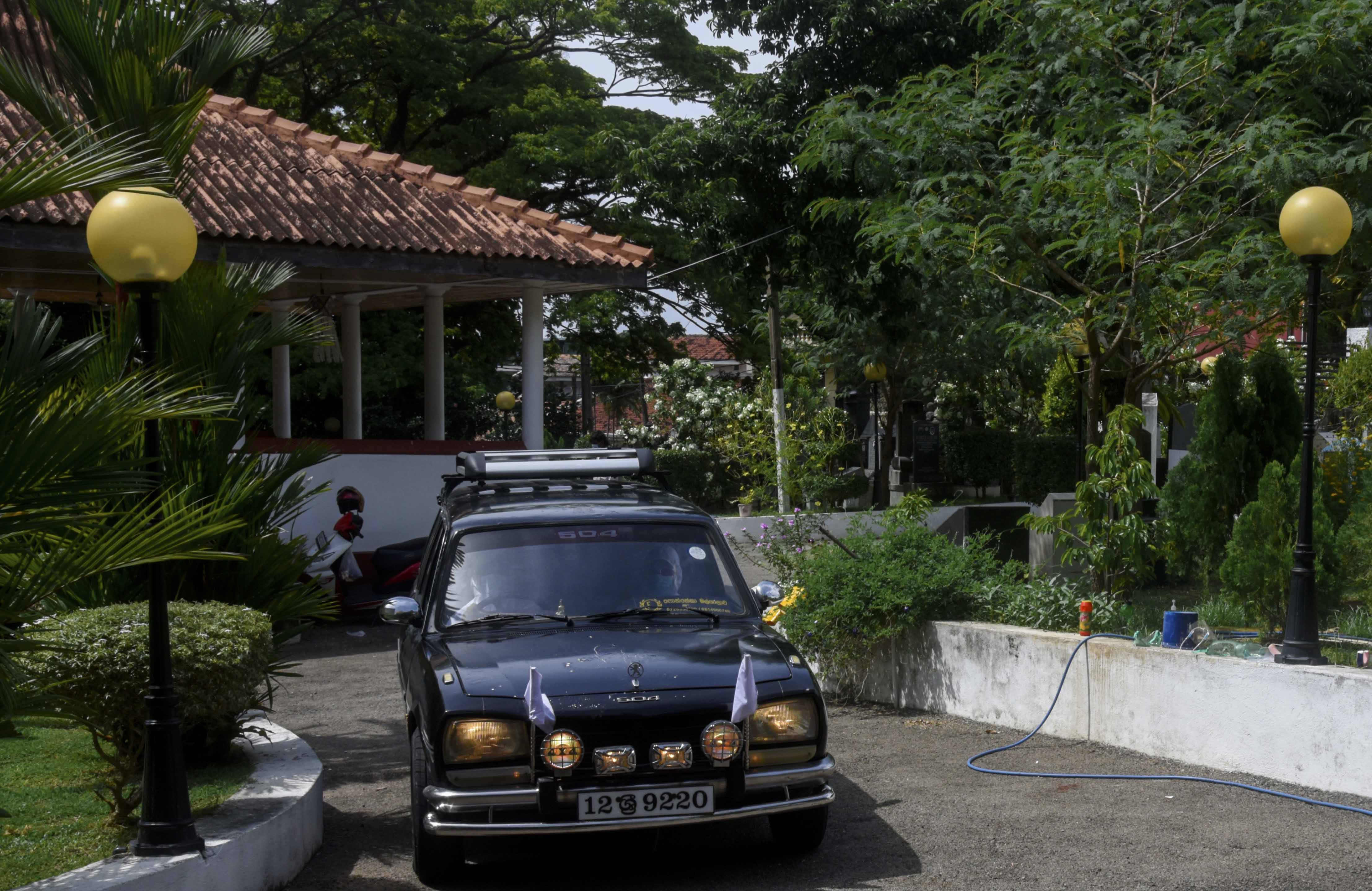
“We [the municipal council] have agreed to provide cardboard coffins [to funeral parlours] on a condition: these coffins cannot be sold for over LKR 15,000,” said Sahabandu, adding that at the moment, from manufacturing the coffins to the burial, the process costs the municipality LKR 10,000. “That was the idea behind it, to make it eco-friendly and cost-efficient. If that is not done, there is no point,” Sahabandu said.

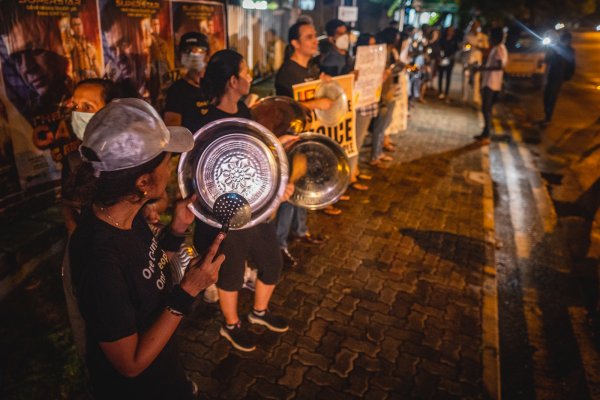
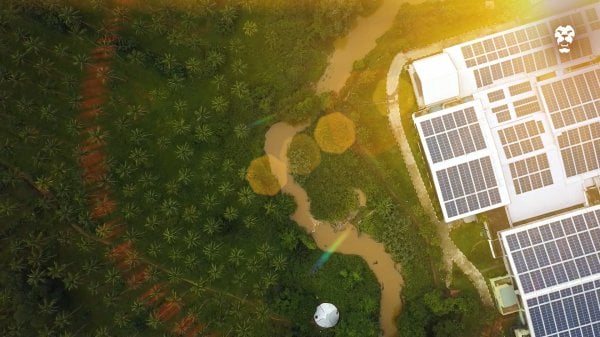

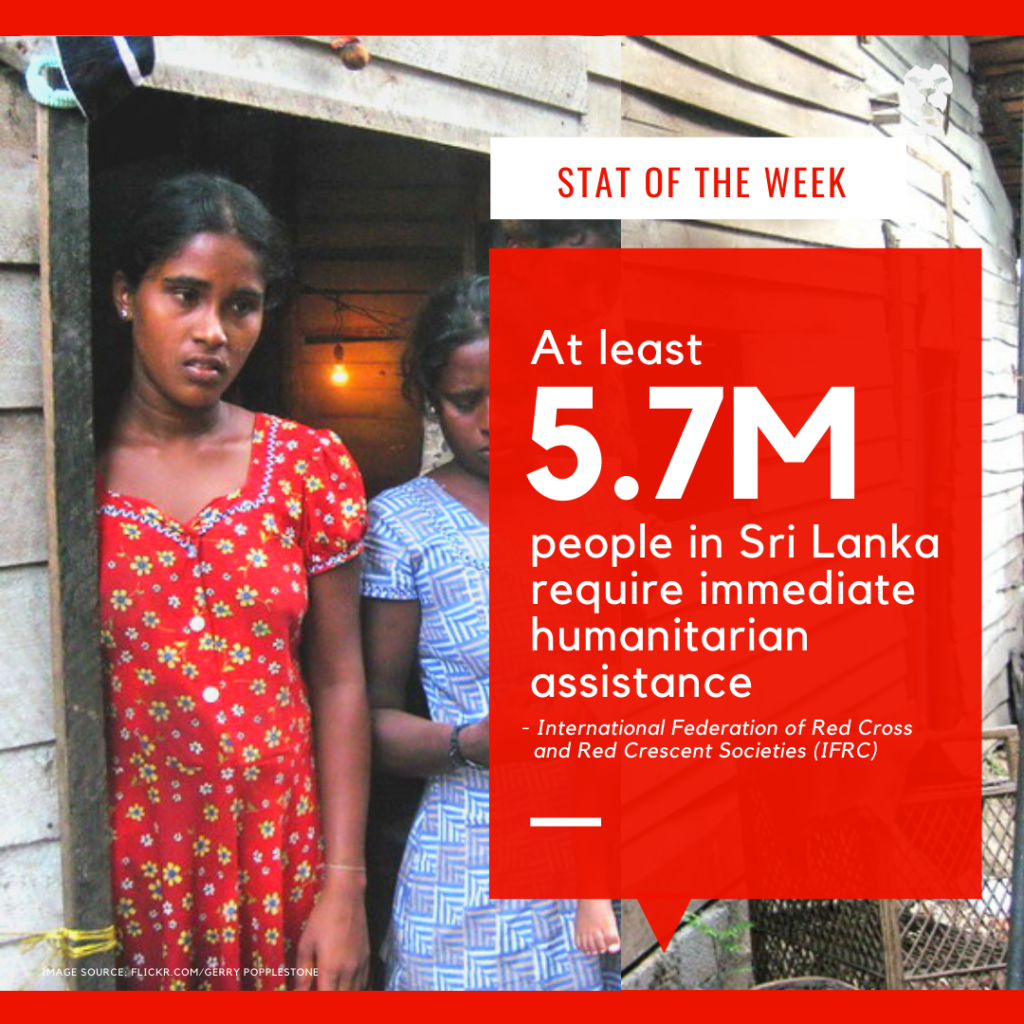
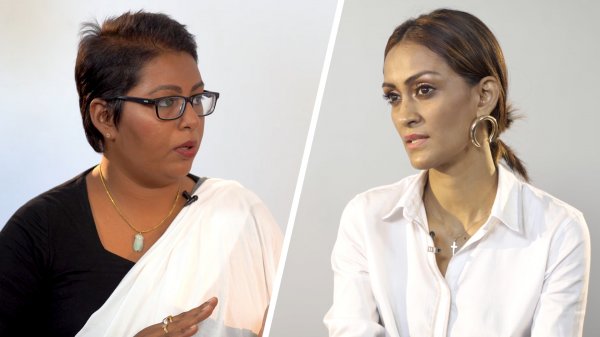
.jpg?w=600)
.jpg?w=600)
